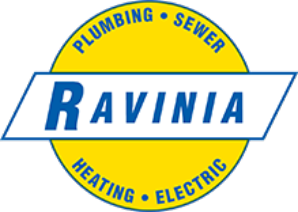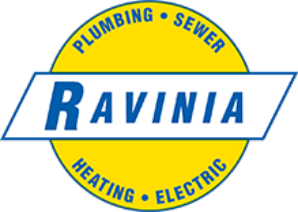
Extreme heat can challenge the most stable power sources. Air conditioners run constantly, putting pressure on the local utility. Increased pressure on your area’s local utilities can cause power outages to occur, leading to inconvenience, damage, and expense. A home generator is a good solution to avoid those problems. But before you fire up the generator, do you understand its safety risks? In the newest blog post from Ravinia Plumbing, Sewer, Heating & Electric, we’ll discuss some generator safety tips to protect your home and family while the equipment is running.
How to Safely Use Your Home’s Generator
Remember, your generator is a temporary solution to a power outage. Prioritize which appliances you need to plug into your generator, and do use it safely. When using a generator, always follow the manufacturer’s instructions.
Keep the following safety tips in mind the next time you need to utilize your whole-home generator.
Don’t Use Generators Indoors
Running a generator in a closed space, even with opened doors and windows, is extremely dangerous, so don’t run them indoors or in a garage. Portable generators give off deadly carbon monoxide (CO). This odorless gas causes the illness and death of hundreds of individuals annually. Do keep generators outside at a minimum of 20 feet from your windows and doors to avoid the chance of carbon monoxide poisoning.
Protect Your Generator from Moist and Wet Weather
Don’t set your generator where water pools; put it under an open canopy to protect the generator during wet weather. To avoid the risk of electrical shock, don’t touch your generator with wet hands.
Prevent “Back Feed”
Back feed happens when power from your generator feeds back into your utilities’ electrical system, potentially endangering linemen working on downed power lines. Do not plug your generator into wall outlets; do plug your appliances, using heavy-duty extension cords, into the generator’s outlet. Ensure your generator has a transfer switch to prevent back feed.
Wait to Plug Appliances In
Turn on your generator before plugging appliances into it. Then turn on appliances and lights one at a time to keep from overloading your generator. Also, wait until your generator cools before refueling it.
Keep Your Children and Pets Away from Your Generator
During operation, a generator’s parts can become very hot to the touch. Make sure to keep any children or pets out of harm’s way and away from the generator. Doing so will protect them from potential burns and other injuries.
Be Extra Careful With Gas-powered Generators
For gas-powered generators, make sure you don’t spill gas on hot parts, as it can start a fire.
Contact Ravinia Plumbing for Whole-Home Generator Services
Ravinia Plumbing knows that any interruptions to your home’s electricity can lead to major issues. To protect your home and family, install a whole-home generator with Ravinia Plumbing. Our experienced electricians have extensive experience in the field and will provide your new equipment with the attention and respect you deserve.
Contact us today for more information about the benefits of whole-home generators or to schedule an appointment for installation services.




